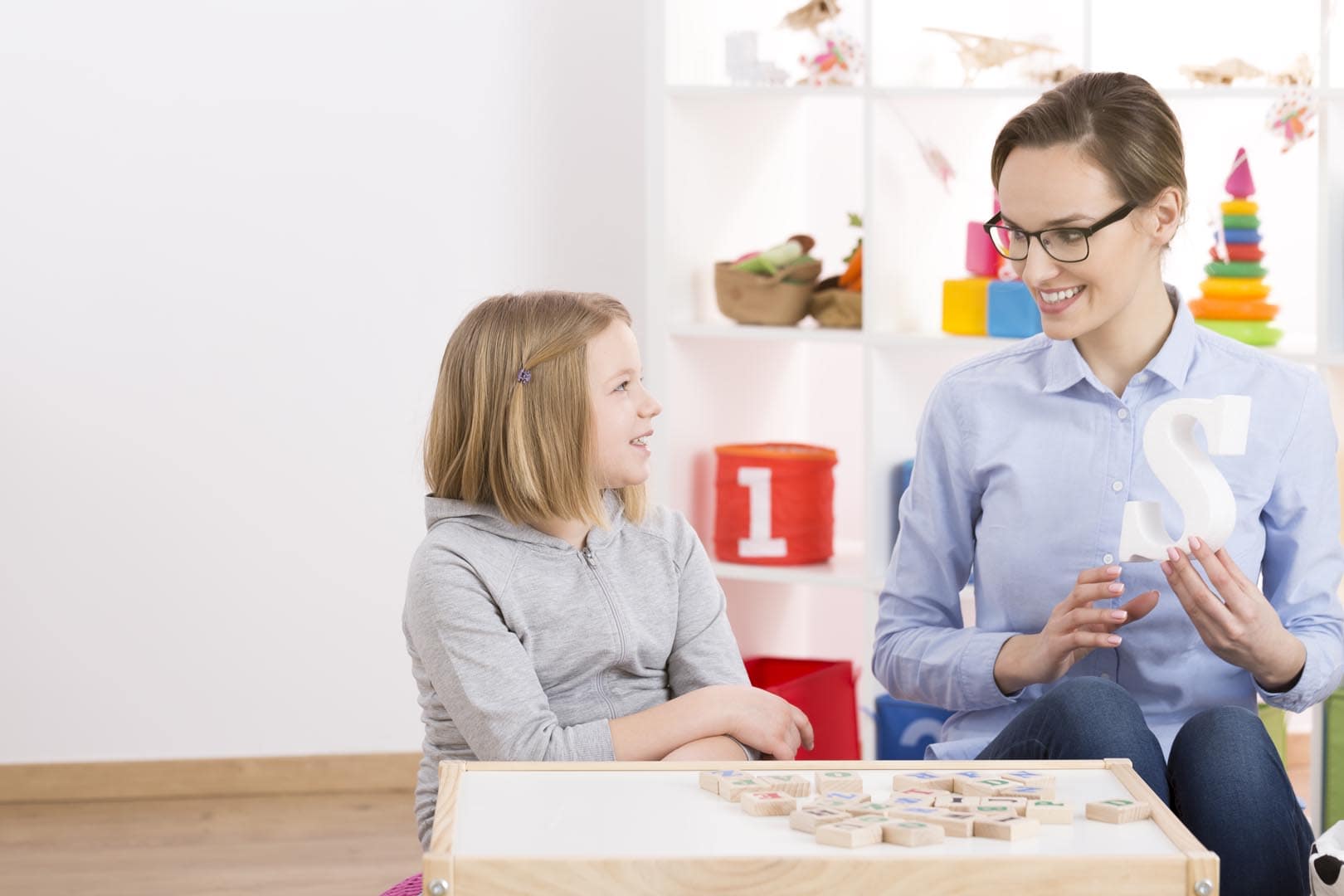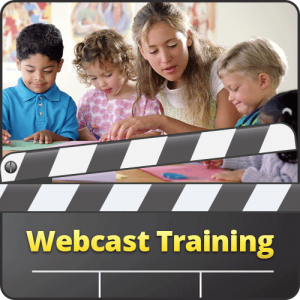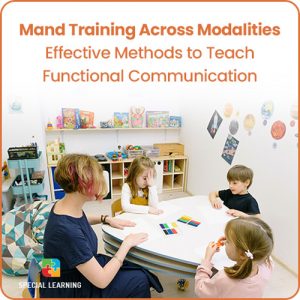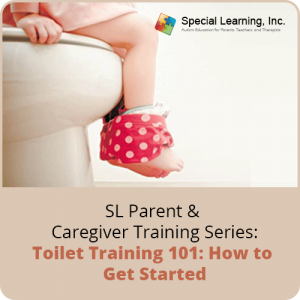Speech and Language Therapist Evaluation
Helping children with autism with speech and language difficulties always starts with an evaluation by a speech-language pathologist. During this evaluation, a diagnosis is established and interventions are created to help children cope with everyday living and improve their social skills, despite their disabilities.
Speech and language therapy is a program designed to help children who are having difficulties comprehending or using language to effectively communicate. Those who benefit include children who have problems with speech due to feeding and swallowing disorders, cannot produce sound in speech, such as stuttering, and have voice problems. These disorders are usually assessed, diagnosed, and evaluated by speech pathologists.
Speech-Language pathologists (SLP) are health professionals with graduate educations in human communication, its development, and disorders. They specialize in the measurement and evaluation of language abilities, auditory processes, speech production, and swallowing problems.
What to Expect from a Speech and Language Therapy Evaluation
Before the evaluation:
Speech-language pathologists usually conduct interviews with parents of children with autism prior to the actual test and provide a health history and developmental form or checklist to be completed by the parent based on their own observations. This gives the SLP baseline data to which he or she can refer to when creating an evaluation guide for your child. Sometimes these forms are sent to your home before the actual test date.
During the evaluation:
The SLP may spend a moment introducing himself or herself to your child. Autism is a complex disorder that leaves a child very sensitive to new surroundings, people, and events. Building a sense of connection with the child helps eliminate possible tantrums and gains the cooperation of the child for the actual evaluation.
There are times when an SLP will give some sort of written test using standardized verbal IQ tests to your child to serve as a foundation for evaluation, but most of the time this step is skipped since children with autism are very fragile to work with and time is important. Sometimes the SLP will conduct her own developmental checklist during the rapport stage as a replacement for the written test. The informal play session comes next. This is done to encourage interaction and draw out speech and language samples from your child. Usually, an oral examination is also done to inspect any existing or possible structural damage that may cause speech or language difficulties. The evaluation itself may take up to 90 minutes or more, depending on how your child responds to the interaction.
After the evaluation:
The SLP will consult with the parents, family, or caregivers of the child to discuss possible treatment options or suggest additional tests for further assessment. An example would be additional medical tests to confirm dysphagia, which is difficulty in swallowing caused by an obstruction in the esophagus. The SLP may ask the parents and family of the child if there are any specific goals they want to achieve at this stage of the evaluation. It is important to inform your pathologist of any concern you may have that is associated with your child’s speech and language difficulties. At this point, your pathologist may also discuss with you the possible services that your child can benefit from, such as the early intervention program that is applicable to children 3 years old.
Reference:
The Childhood Apraxia of Speech Association of North America. apraxia-kids.org: Diagnosis and Treatment How to Think About a Speech/Language Evaluation. Retrieved March 23, 2011, from http://www.apraxia-kids.org/site/apps/nl/content3.asp?c=chKMI0PIIsE&b=788447&ct=464139
Copyright © by Special Learning Inc. All right reserved.
No part of this article may be reproduced in any manner whatsoever without written permission except in the case of brief quotations embodied in critical articles and reviews. For information, contact Special Learning Inc., at: contact@special-learning.com








